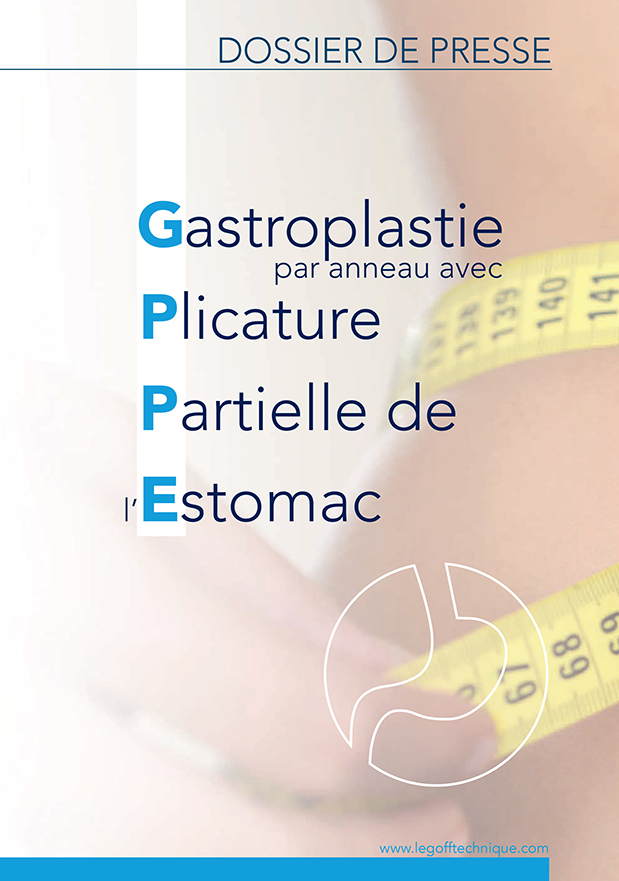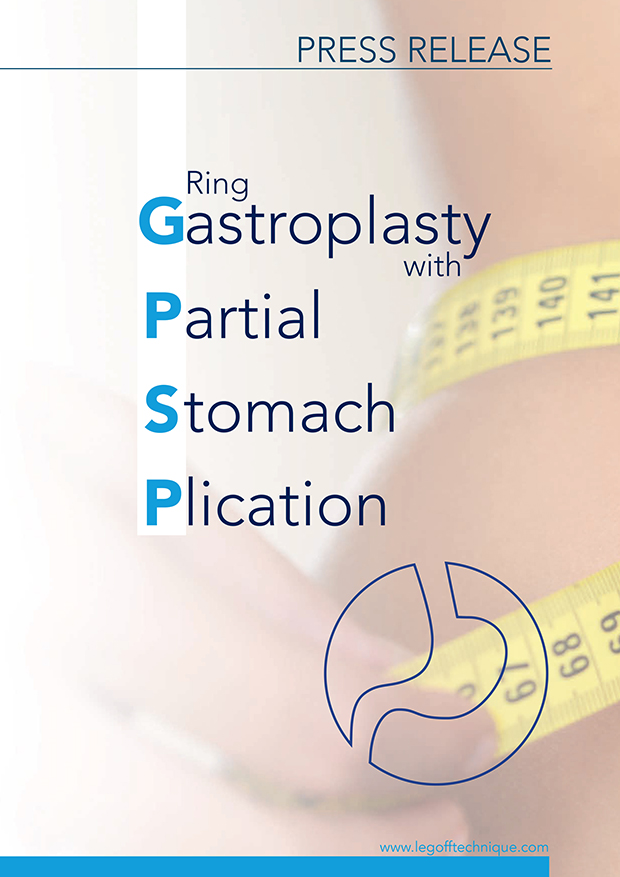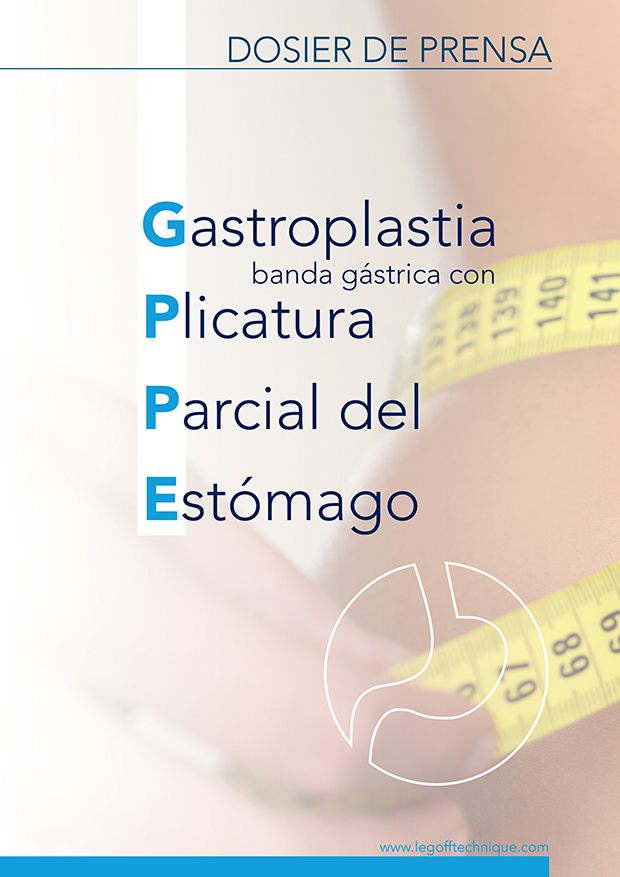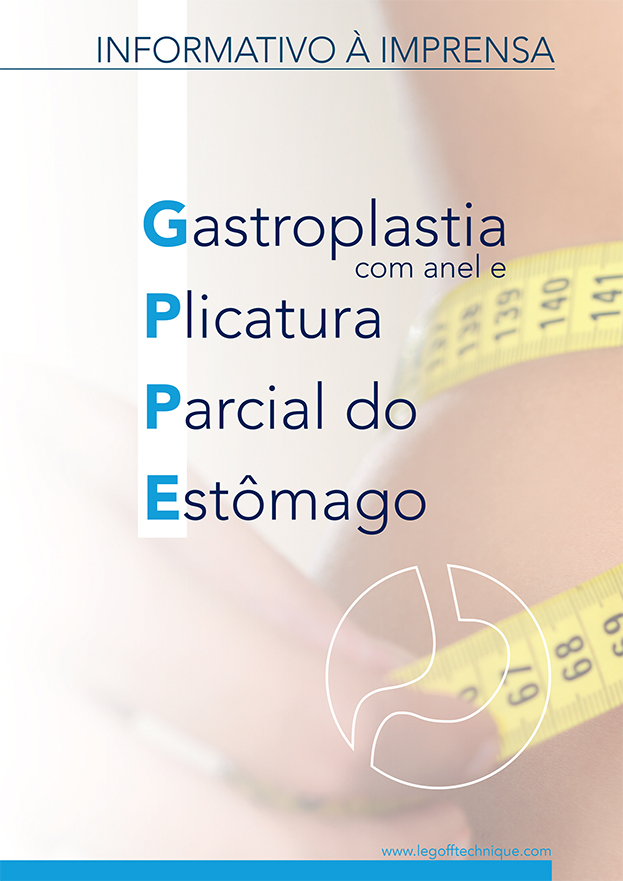Obesity surgery: band babies
Dr. Le Goff - Obesity surgeon in Paris
Le goff technique
Obesity surgery: band babies
Does pregnancy after obesity surgery come with conditions?
Scientific studies are reassurin about the results of pregnancies after obesity surgery, with no notable risk of congenital malformations, with the exception of a few cases of neural tube defects due to folic acid deficiencies (vitamin B9), neonatal haematological and neurological disorders (vitamin B12 deficiencies) and eye complications (vitamin A).
Compared to the general population, there are no more complications nor risk of death in utero. As expected, there is even a reduced risk of gestational hypertension (pre-eclampsia, eclampsia) and gestational diabetes in women undergoing bariatric surgery compared to those who haven’t. Only prematurity has an increased risk in these women, especially for those with a body mass index (BMI) that remains above 35 kg/m².

While these data may be reassuring, operated women must follow a multidisciplinary treatment during their pregnancy and ideally prior to conception. This should be on all fronts: reinforced obstetrical monitoring, given the increased risk of prematurity, diet and vitamin nutritional care, even though the Le Goff Technique does not cause any deficiencies. Due to the specific nature of gastric band surgery with partial plicature of the stomach, there is no absorption deficit.
It should not be forgotten that these women remain at risk nevertheless – even very low – of gestational diabetes or even type 2 diabetes, arterial hypertension and possibly respiratory and sleep issues due to their former or current obesity.
Regular medical check-ups are part of the follow-up I require with each patient, to adjust the band if necessary, according to the weight loss. In the event of the need for a more consistent diet or if there is morning sickness (frequent vomiting), the band can be deflated without the need for x-ray.
Obesity, the enemy of pregnancy
There is no question of abandoning one’s desire for a child because one has undergone bariatric surgery, and the resulting weight loss is even an excellent way of triggering a normal pregnancy. All my patients had excellent pregnancies and the babies are doing just fine.
However, obesity remains the enemy of pregnancy or its occurrence, on the one hand because it increases numerous risks for the mother and foetus, but also because it leads to anovulatory menstrual cycles, i.e. it blocks ovulation due to high levels of oestrogen in the blood. Bariatric surgery solves this problem of infertility: losing 10 to 15% of one’s body weight automatically re-establishes ovulatory cycles.
In terms of timing, the best time to become pregnant is six to twelve months after surgery, depending on the weight loss, when the weight stabilises. In reality, everything depends on the starting weight: the higher it is before surgery, the longer it is better to wait. It is not rare however, that some of my patients fall pregnant very quickly after the operation, and continue to lose weight throughout their pregnancy.
One of the paradoxical effects of the gastric bypass and sleeve surgery is that there are considerable vitamin deficiencies which can cause primary or secondary infertility reported in congresses on sterility. This is incredible for surgery given as an option for treating obesity-related infertility! Once again, this is one of the major advantages of my approach; the Le Goff Technique causes no nutritional or vitamin deficiencies.



